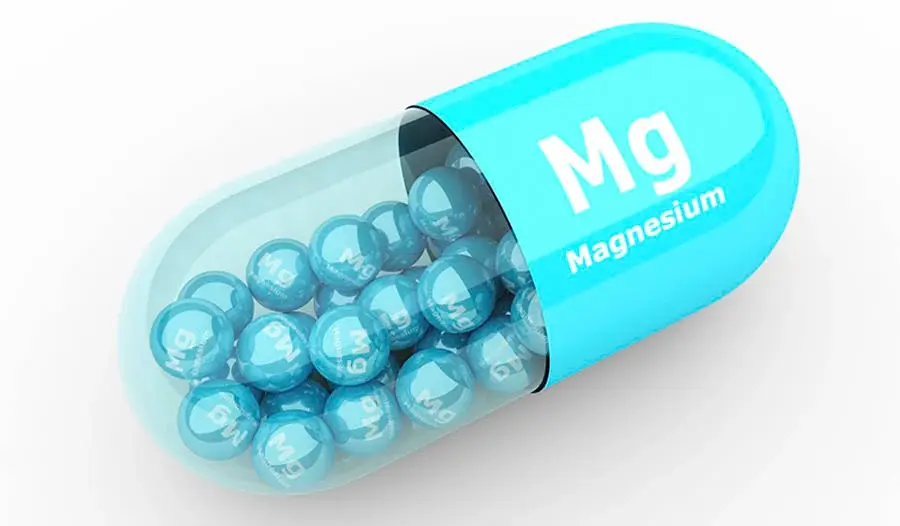Have you ever thought about the materials around you and their impact on your health?
When it comes to magnesium rods health hazards, many of us might overlook the potential health hazards they can bring.
I’ve been diving into this topic lately, and I want to share what I’ve discovered about the magnesium rods health hazards list.
Magnesium is often praised for its various benefits, from aiding muscle function to supporting heart health.
But are there risks involved when using magnesium rods, especially in certain applications?
Let’s break down the health hazards you might face.
What Are Magnesium Rods?
Magnesium rods are often used in various applications, including:
- Welding: They serve as filler material in welding.
- Construction: Used in some construction materials for reinforcement.
- Marine applications: Employed in boat hulls and other marine equipment to prevent corrosion.
These rods are light and strong, making them appealing in many industries.
However, despite their advantages, there are health hazards to consider.
Magnesium Rods Health Hazards List
Now, let’s dive into the magnesium rods health hazards list.
- Inhalation Risks:When magnesium rods are heated during welding, they can release magnesium oxide fumes.Breathing in these fumes can lead to respiratory issues.Symptoms may include:
- Coughing
- Shortness of breath
- Chest tightness
- Skin Contact:Direct contact with magnesium rods can cause skin irritation.If you have sensitive skin or open wounds, this can become even more problematic.
- Fire Hazard:Magnesium is highly flammable, especially in powder form.If magnesium rods are not handled correctly, they can ignite easily.This poses risks not only to the user but also to anyone nearby.
- Dust Exposure:During machining or cutting, magnesium can create dust.Inhaling this dust can lead to lung issues, much like the fumes.
- Chemical Reactions:Magnesium can react with water and acids, releasing hydrogen gas.This reaction can be explosive under certain conditions.
- Environmental Concerns:Improper disposal of magnesium rods can lead to environmental hazards.When magnesium corrodes, it can leach into soil and waterways, affecting local ecosystems.
Preventing Magnesium rods Health Hazards
You might be wondering how to avoid these health hazards when working with magnesium rods.
Here are some practical tips:
- Use Personal Protective Equipment (PPE):Always wear gloves and masks when handling magnesium rods.This helps shield you from skin contact and inhalation risks.
- Ventilation:Ensure your work area is well-ventilated.This reduces the chances of inhaling fumes or dust.
- Safe Storage:Store magnesium rods in a cool, dry place away from flammable materials.This reduces fire risks significantly.
- Disposal:Follow local regulations for disposing of magnesium rods.Proper disposal helps protect the environment from magnesium rods health hazards.
Conclusion
The magnesium rods health hazards list is a reminder of the importance of safety when handling materials that are often taken for granted.
Understanding the risks associated with magnesium rods health hazards can help you take the necessary precautions.
By implementing safety measures, you can enjoy the benefits of magnesium while minimizing health risks.
So, whether you’re welding, constructing, or simply curious about these materials, remember to stay informed.
Let’s keep our workspaces safe and our health intact.
With this knowledge, you’re better equipped to make informed decisions about working with magnesium rods.
FAQs About Magnesium Rods Health Hazards
What should I do if I inhale magnesium oxide fumes?
If you inhale magnesium oxide fumes, move to fresh air immediately.
If you experience difficulty breathing or persistent symptoms, seek medical attention.
Can magnesium rods cause long-term health issues?
Repeated exposure to magnesium dust or fumes can lead to chronic respiratory problems.
It’s essential to take precautions to avoid long-term exposure as they lead towards magnesium rods health hazards.
Are there safer alternatives to magnesium rods?
Depending on your application, there may be alternatives.
For instance, consider using other metals or composite materials that pose fewer health risks.
How do I properly dispose of magnesium rods?
Check with local waste management services for guidelines on disposing of magnesium rods.
Never throw them in regular trash as they can be hazardous.




